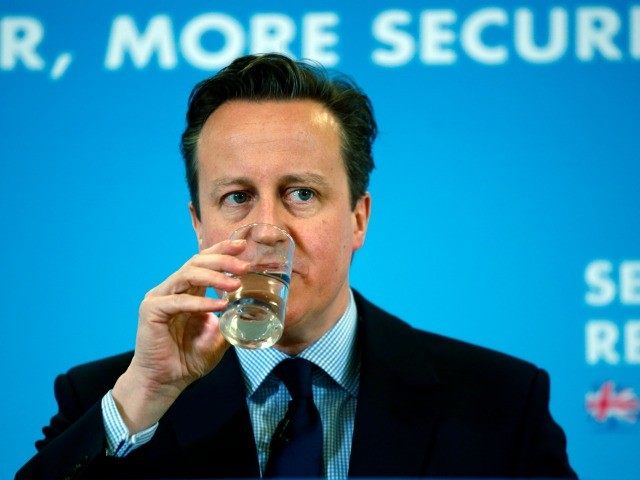As governments go, the current Tory-Lib-Dem coalition isn’t the worst we’ve seen. Despite cash for access, a few uncovered affairs, numerous expenses discrepancies and the loss of two MPs to UKIP they are nearing the end of a hastily arranged five-year marriage comparatively unscathed on the moral front.
And yet, this government is not above using Thursday’s publication of sixteen reports into the true horrors inflicted by Jimmy Savile to bury bad news. The reports documented the widespread sexual abuse of patients within a quarter of major hospitals over a period of 50 years, detailing how the former BBC favourite used his role as a fundraising celebrity with “unprecedented access” to NHS hospitals to abuse the young, the old, the vulnerable, even the dead.
So long awaited are the reports and so extensive are the emerging details of abuse, cover-ups and the disturbing way that so many who should have known so much better allowed themselves to be “dazzled” by the bizarre celebrity that the subject is the top story across the board, from the Daily Mail to The Guardian. When you add the unmasking of “Jihadi John”, what a perfect day to bury bad news.
So, with this in mind, I had a look at the Office of National Statistics’ media page. Amongst publications detailing the index of services, disappointing business investment quarterly results and a fairly acceptable estimate of GDP are hidden damning statistics about Britain’s NEETS – youngsters Not in Education, Employment or Training – and levels of migration, not to mention worrying electoral statistics that suggest that voter apathy, the plague of our electoral system, is on the rise.
On how the Coalition is failing the youth of today, the ONS report shows that there were 963,000 young people in the UK languishing in NEET status, up 9,000 from the previous quarter. The percentage of all young people who were classified as NEET was 13.2 percent, up 0.2 percent; worse still, over half (53 percent) of these are not even looking for work, and therefore classified as economically inactive.
For David Cameron, Thursday’s figures on inward migration are far, far worse. Before the last General Election, Cameron issued what was sold as a “contract between the Conservative Party and the British people”; you can read it in its full, tragic glory here. The second big issue he promised to address was immigration: “uncontrolled, open-door immigration does not (benefit Britain)” said the man who is refusing to hold a referendum on our membership of the EU, a primary principle of which is, of course, free movement of people.
“Immigration at the moment is too high, so we will get it under control. We will introduce a yearly limit on the numbers of economic migrants allowed to come here from outside the EU… We will reduce net immigration to tens of thousands a year.” And there was a heartfelt request from the man who became our current Prime Minister: “If we don’t deliver our side of the bargain, vote us out in five years’ time.”
Well, Thursday’s figures show that net migration to the UK was estimated to be 298,000 in the year ending September 2014, and that’s just long-term immigration. This was a significant increase from 210,000 just a year before. Immigration is soaring; 624,000 people moved to the UK in that year alone.
Just 327,000 people left the UK. Now, whatever you think of immigration, this shows a scandalous failure by Cameron to keep a promise and I will be taking May’s election as an opportunity to play my part in answer to his plea to kick him out.
A somewhat less exciting but damning figure nonetheless, indicative of the current relationship between politicians and your average person, was the electoral statistics for 2014. The total number of parliamentary electors declined by 2.0 percent in England and 3.1 percent in Wales, meaning that fewer people are registering to vote. This, despite a rapidly increasing population and UKIP’s sterling efforts to inject some life into British politics. It does not say good things about those in charge.
Of course, I might have missed the point entirely. Yesterday was Nigel Farage’s big speech at UKIP’s Spring Conference, held in less-than-sunny Margate. This afternoon, Farage put out his “optimistic, upbeat, bullish” address where he stated, not wrongly, that UKIP is Britain’s only national party with a positive message ahead of the hardest to call election of our times.
I might be a terrible cynic but I cannot help but think that the release of these reports that continue to dominate the headlines might, just might, have been positioned to take the attention away from him too.

COMMENTS
Please let us know if you're having issues with commenting.